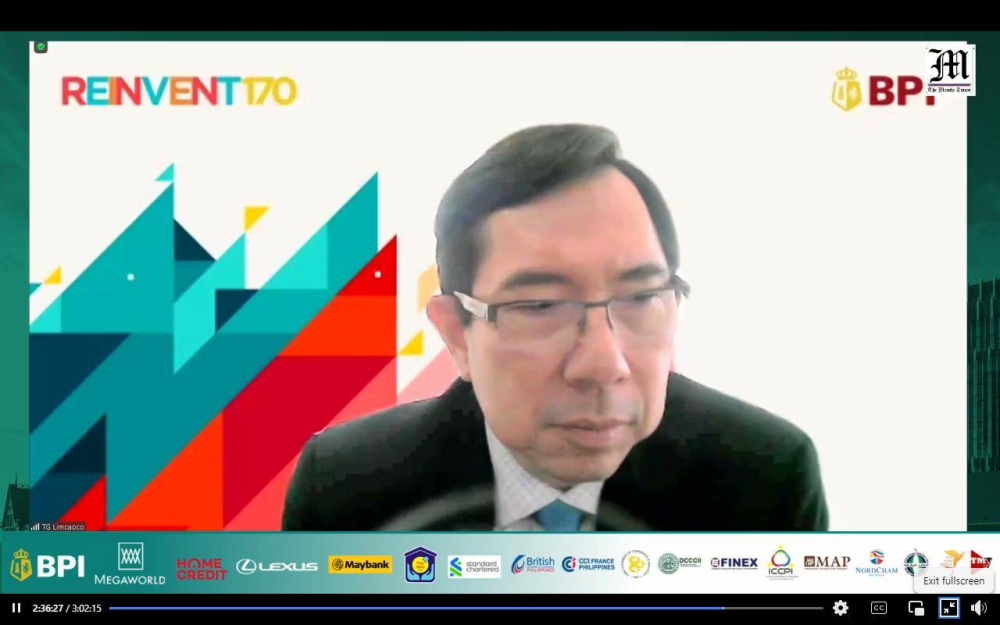MANY in the government want to help micro, small and medium enterprises (MSMEs), and with good reason. They account for more than 99 percent of all registered businesses, employ 63 percent of the workforce and contribute 40 percent to the total economy. Regretfully, good intentions have not yet translated into policies that produce optimal results.
As impressive as those statistics already are, many believe that small businesses can do more for the economy. But realizing their full potential requires better implementation of Republic Act 9501 or the “Magna Carta for MSMEs,” which was passed in 2007.
Notably, that law addresses access to capital, a roadblock to the success of small businesses. Specifically, the law requires banks to set aside 10 percent of their total loanable funds to MSMEs. But financial institutions have consistently failed to comply, many of them paying the penalties instead. Regrettably, policy interventions needed for better implementation have eluded policymakers.

Jose Teodoro “TG” Limcaoco, president and chief executive officer the Bank of the Philippine Islands, speaking during The Manila Times Midyear Economic Forum on Friday, July 29, 2022. SCREENGRAB FROM FACEBOOK LIVE
Jose Teodoro “TG” Limcaoco, president and chief executive officer of the Bank of the Philippine Islands or BPI, has some suggestions worth considering. At a business forum organized by this newspaper on Friday, he noted that banks also want to help MSMEs, but he doubted that virtuous practices could be legislated. Generally, banks avoid lending to MSMEs, because of the perceived risk of default.
So far, telling banks to simply take on more risks has not worked. Mr. Limcaoco suggested that the government should instead share the risks with banks. Of course, the mechanics have to be studied further, but this merits further study. Granted, others have raised similar ideas before, but with so much concern for MSMEs now, the timing for that seems right.
Furthermore, risk could be minimized if banks had more information about those applying for loans. In this regard, Mr. Limcaoco said the government should accelerate the rollout of the National ID, and expand the Credit Information Corp. (CIC), the country’s sole public credit registry and repository of credit information.
With more people registered with the CIC, Mr. Limcaoco said banks could give out more loans, and not just to entrepreneurs. For example, he added, more college students might qualify for financial assistance, if loan officers had their detailed background information, including credit scores.
Forgotten provision
On a related note, there is another provision of the Magna Carta for MSMEs that should also be implemented better. The law assures “them access to a fair share of government contracts and related incentives and preferences.” Part of Section 4 of the Magna Carta adds, “Eligible MSMEs shall be entitled to a share of at least ten percent (10 percent) of total procurement value of goods and services supplied to the government, its bureaus, offices and agencies annually.”
Indeed, the government is an important customer for many sectors and industries. The national budget this year alone is north of P5 trillion, and 10 percent of that is roughly P500 billion. Also, local governments should have more funds at their disposal now, because of the implementation of the Mandanas-Garcia ruling. That, too, is an opportunity for MSMEs to get more business from the government.
Naturally, though, solutions to lingering problems are never simple. Many MSMEs lack the capability to meet the government’s large orders, which are typically required by procurement laws. Buying in bulk favors the government, because it is just more economical. In fact, MSMEs face similar opportunity losses from private-sector customers.
That may not be the only reason why government offices are not buying more from MSMEs, but policymakers should revisit procurement policies. They may need to reconcile competing virtues, saving taxpayers’ money versus paying more to help MSMEs. The latter seems to offer higher net gains.
For sure, helping MSMEs will generate higher economic dividends. Buying from them also enables them to develop the capacity to meet large orders from private buyers. In other words, the government could jumpstart a virtuous cycle.
As others have said before, the Philippines has many good laws, like the Magna Carta for MSMEs. But often, the government comes up short on execution.


